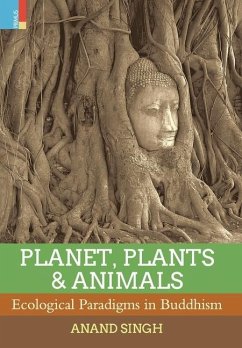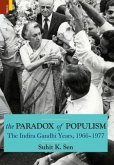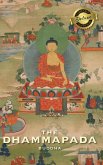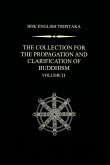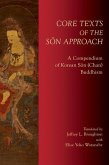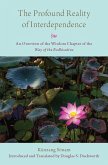This book is a modest attempt to look at and examine the beginnings of ecological concerns in the Buddhist religious traditions, based on a meticulous examination of diverse narratives pointing towards a correlation between Buddhism and environmental issues. By examining the seminal teachings of the Buddha through the concepts of Paticcasamuppada, Kamma (Karmat), the eightfold path, ahimsa, Paṅcaśila and in literature, like the Jātakas, Therīgātha and Theragātha in relation to animals, population dynamics, yajñas and animal sacrifices as well as flora and fauna associated with the Buddha, this book attempts to discover the inescapable connection between the individual's well-being and Nature.
Bitte wählen Sie Ihr Anliegen aus.
Rechnungen
Retourenschein anfordern
Bestellstatus
Storno

